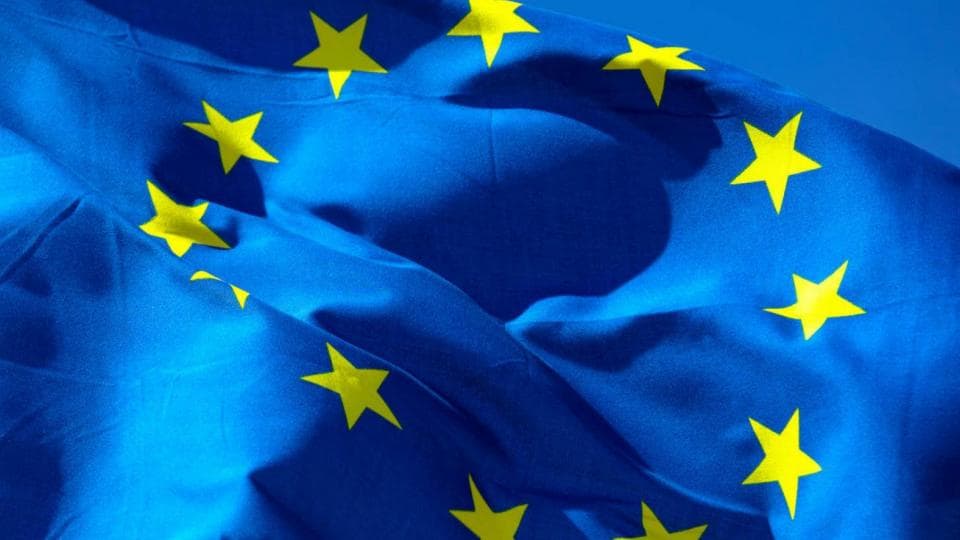Safeguarding Innovation in Europe

- Health at Bayer
-
Pharmaceuticals
- Treatment Areas
- Innovation & Technologies
- Cell and Gene Therapy
-
Sustainability
- Patient Access Charter
- Leadership Perspective
- Strengthening Healthcare Access
- Moving Non-Communicable Diseases Care Forward
- Ensuring a Sustainable Product Supply
- Delivering Better Cancer Care
-
Empowering Women, Globally
- Boosting Family Planning Usage through Digital Channels
- Capacity building: Addressing Root Causes through Partnerships
- Impact at Scale: The Challenge Initiative
- Promoting Awareness: World Contraception Day (WCD) & the Your Life Campaign
- Providing Accessible and Affordable Contraceptives
- Enabling Family Planning in Humanitarian Settings
- Fighting Neglected Tropical Diseases
- Transparency
- News & Stories
- Personal Health
- Report a Side Effect
- Medical Counterfeits
Intellectual Property (IP) protection is the lifeblood of the research-based pharmaceutical industry. On average, it takes around 12 to 15 years1 for a new medicine to be made available to patients at an average cost of $2.18 billion2. A new legislative proposal in Europe would allow generic and biosimilar manufacturers to produce a medicine while its intellectual property protection is still in place. Bayer and the research-based pharmaceutical industry strongly oppose this proposal as it undermines the value of innovation.
Patents and supplementary protection certificates in Europe
Patents incentivize innovation in all fields including in the discovery of new and innovative medicines for life-threatening diseases. Exclusivity is granted for 20 years to all innovations that comply with the European Patent Convention criteria, on the condition that the innovation is made public so that society can continue to build on existing innovations.
In 19923, Europe introduced the Supplementary Protection Certificate (SPC) that extends the exclusivity period of a patented molecule in a particular medicine for up to an additional five years. This mechanism partly offsets long and costly R&D processes, but with the stipulation that a molecule’s exclusivity period should not exceed 15 years.
New legislative proposal threatens IP protection
In 2018, the European Commission published a legislative proposal to introduce an SPC export manufacturing waiver in Europe. This waiver would allow generic and biosimilar manufacturers to produce a medicine while its intellectual property protection is still in place if done exclusively for the purpose of exporting to a non-EU market where protection has expired or never existed.
The draft regulation signals that Europe is weakening its commitment to intellectual property protection and innovation. Bayer does not support the introduction of such a waiver as it contradicts the principles of intellectual property protection that have allowed the pharmaceutical industry to transform the lives of patients by bringing over 1,100 new medicines to European patients since the 1990s4.
Discussions are ongoing within European institutions. On 23 January, 2018, the Legal Affairs Committee of the European Parliament (JURI) included further amendments:
- Permitting two-year stockpiling
Bayer is strongly opposed to the inclusion of stockpiling in the manufacturing waiver proposal while the innovative medicine is still under SPC protection. This measure would add an additional exception to the innovator’s IP right without any foreseen compensatory measures or proper assessment to evaluate its impact on public health and on innovators.
- Setting retroactive implementation dates
A retroactive implementation of the waiver on existing and already granted SPCs would impinge on the legitimate expectations of innovators who have invested in lengthy and costly R&D. Bayer strongly opposes the retroactive implementation of the waiver and is of the opinion that the waiver should only be applicable for SPCs applied for on or after the regulation’s entry into force.
- Weakened safeguards
Bayer insists upon the implementation of appropriate safeguards. These safeguards should include a timely, effective, and transparent notification system.
If these proposed amendments are adopted in the final text, the future of medical innovation and access to new treatments for patients in Europe will be at risk.
Call for EU to protect intellectual property
Bayer and the research-based pharmaceutical industry call on EU legislators to continue to defend Europe’s world-class intellectual property system by promoting strong IP protection, incentives, and reward mechanisms for research and development of new medicines. It is important that Europe remains a competitive and attractive destination for innovative healthcare. In all discussions on the protection of intellectual property rights, and particularly in the current negotiations on the SPC export manufacturing waiver proposal, Bayer calls for a high degree of legal certainty and appropriate safeguards, in order to continue valuing innovation in all its forms and advancing towards breakthrough innovations.
Sources:
1 Study on the economic impact of supplementary protection certificates, pharmaceutical incentives and rewards in Europe, Copenhagen Economics, May 2018.
3 Council regulation (EEC) No 1768/92 concerning the creation of a supplementary protection certificate for medicinal products (codified as Regulation (EC) no 469/2009 of the European Parliament and of the Council of 6 May 2009 concerning the supplementary protection certificate for medicinal products).
4 Future-proofing EU competitiveness by limiting the negative impact of the SPC manufacturing waiver https://efpia.eu/media/412469/future-proofing-eu-competitiveness-by-limiting-the-negative-impact-of-the-spc-manufacturing-waiver.pdf





























